Keywords: Australian Politics
There are more than 200 results, only the first 200 are displayed here.
-
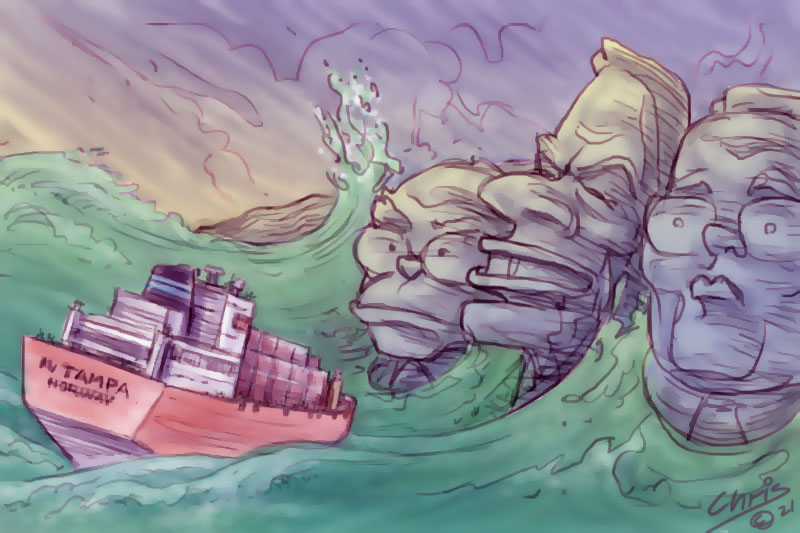
INTERNATIONAL
- Binoy Kampmark
- 07 September 2021
23 Comments
It took 438 desperate human beings upon the overladen wooden fishing boat, the KM Palapa, to present Australia’s Howard government in August 2001 with an electoral opportunity. At first, there was feigned ignorance from Canberra about any signs of desperation. The vessel, lacking power, lay some 100km off Christmas Island. Despite a coast guard plane noting men jumping up and down on the roof in a frenzy, nothing was initially done.
READ MORE 
-
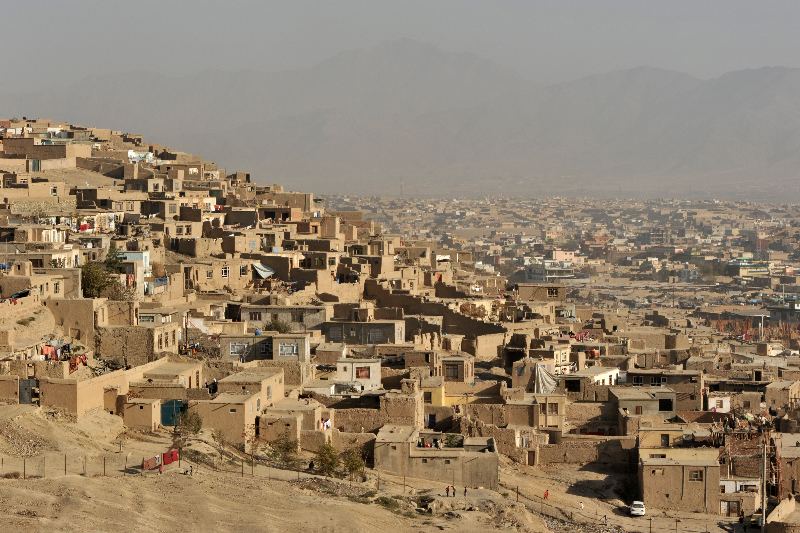
INTERNATIONAL
- Andrew Hamilton
- 24 August 2021
14 Comments
Most early commentary on the swift coming to power of the Taliban in Afghanistan has focused on how it happened and who was to blame for it. Much of the blame has been focused on United States President Biden and former President Trump. Increasingly attention has turned to the plight of people in Afghanistan, particularly women and those who helped the occupation forces and women.
READ MORE 
-

ARTS AND CULTURE
- Gillian Bouras
- 19 August 2021
10 Comments
My son’s Athenian flat was burgled last month. I had been visiting Athens for the first time in more than a year, and so was with the family when they arrived back, after a fairly brief evening absence, to sheer chaos. Anybody who has had this experience will be able to picture the scene: every drawer and cupboard had been opened, with the contents spilled and strewn everywhere. Even the loft had been checked.
READ MORE 
-
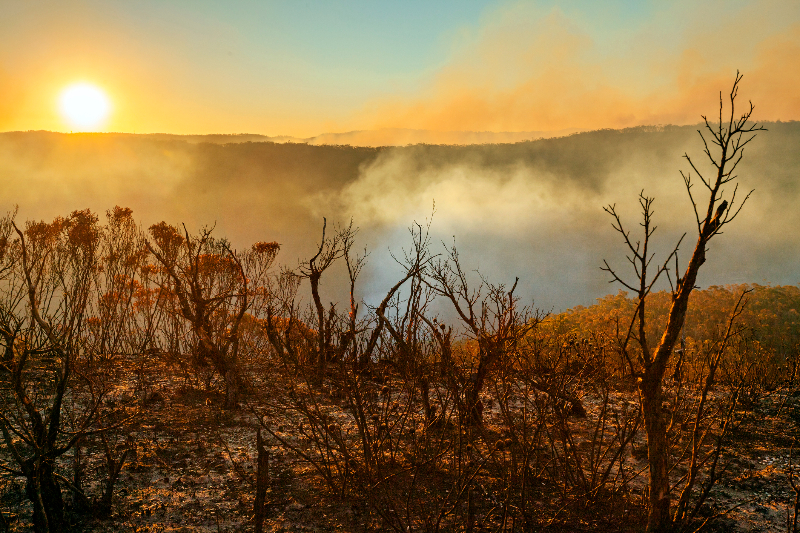
RELIGION
- Andrew Hamilton
- 19 August 2021
11 Comments
Last week the annual Catholic Social Justice Statement was launched. Entitled Cry of the Earth, Cry of the Poor, its theme is care for the environment. In the same week the authoritative Intergovernmental Panel on Climate Change (IPCC) Report warned of the need for immediate and radical effort to minimise emissions and of the likely effects of their existing growth.
READ MORE 
-
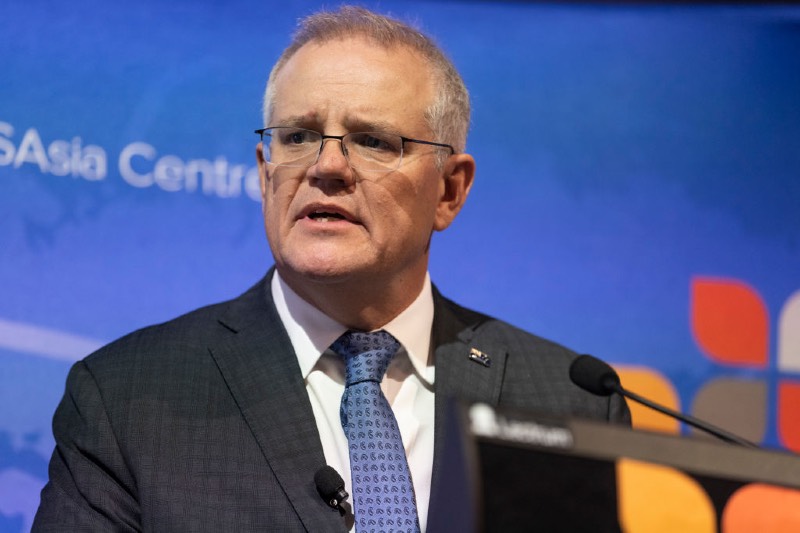
INTERNATIONAL
- Joseph Camilleri
- 15 July 2021
17 Comments
The souring of relations with China is driven not just by prime ministers, foreign and defence ministers, or even by Cabinet. It is the product of converging interests with immense reach and influence.
READ MORE 
-

EDUCATION
The question being asked, however, is one that puts the cart before the horse. The question of ‘What do you want to see in the national curriculum?’ presupposes the answer to another question: What even is the purpose of schooling?
READ MORE 
-
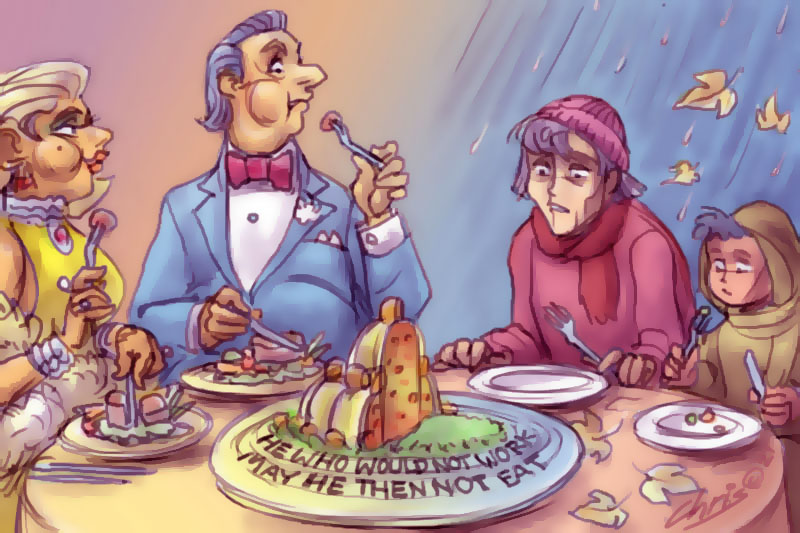
AUSTRALIA
- Barry Gittins
- 29 June 2021
27 Comments
We are all beholden to our story of origin and the systemic realities we are born into. Regardless, now and historically, politicians, preachers and pundits sporadically look to reintroduce the discredited dichotomy between the ‘deserving poor and the undeserving poor’. The embodiment of that second label, historically, has been the Jobseeker (Newstart) recipient.
READ MORE 
-

RELIGION
- John Warhurst
- 22 June 2021
57 Comments
Democracy is a modern ideal, still fighting for acceptance in some parts of the world. It has had to be fought for by brave advocates. The church by contrast is an ancient pre-democratic institution, which shows in its hierarchical organisation and undemocratic internal processes.
READ MORE 
-

AUSTRALIA
- John Warhurst
- 20 May 2021
38 Comments
Modern Australian society is infected with imported terms. The list includes political correctness, identity politics, culture wars, woke and virtue signalling. They are often not used in a neutral fashion, but to denigrate the legitimate views and opinions of others.
READ MORE 
-
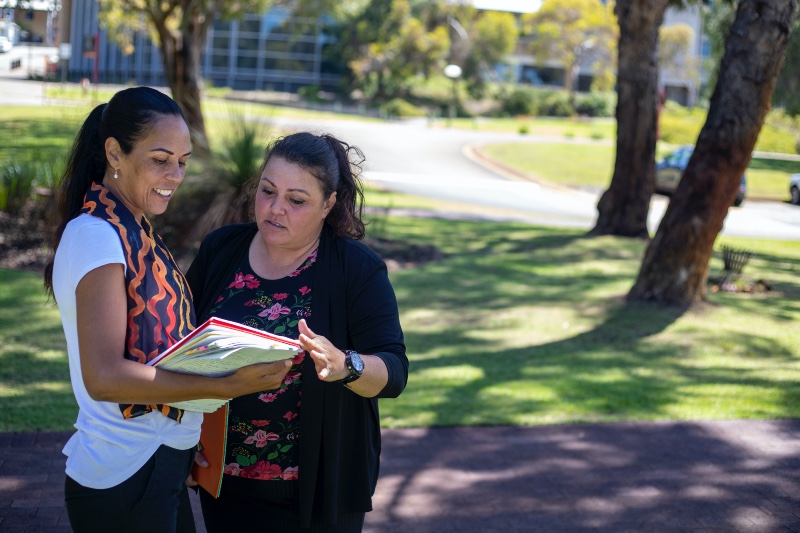
RELIGION
- Garry Deverell
- 18 May 2021
19 Comments
It is no coincidence that white ‘settler’ theology in this country has barely begun to engage with Indigenous people. Arguably, it has only begun to do so because the Indigenous citizens of the churches have begun to cast off the imaginative shackles made for us by our white gubbas and find our own voice.
READ MORE 
-

INTERNATIONAL
Using the term ‘colonisation’ in regard to Israel and its relationship to Palestine and its settlements in the West Bank is contested, with some claiming that the situation is not a perfect parallel to other colonial contexts throughout history.
READ MORE 
-
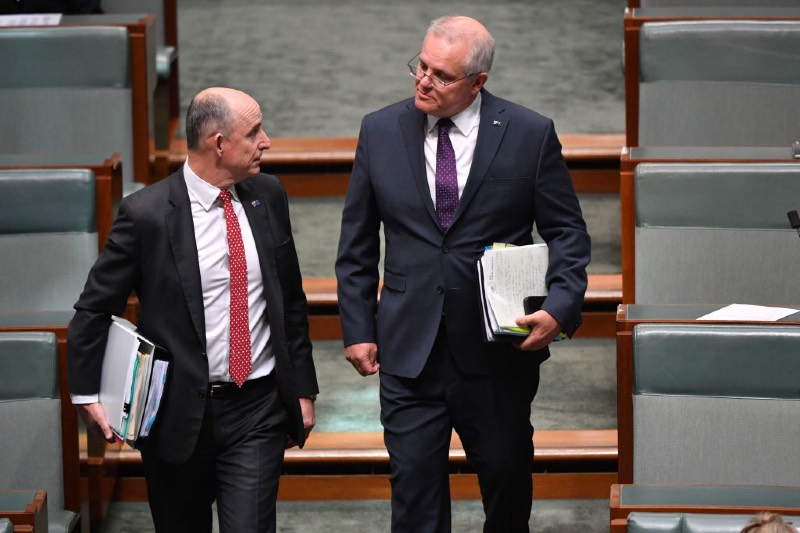
MEDIA
- Anthony N Castle
- 13 May 2021
6 Comments
At this point, the media cycle is mostly internal, and while the media is talking to itself, Scott Morrison is talking to a rapidly growing base with significant resources. The devil isn’t in the headline here, the devil is in the detail, in the appeal itself.
READ MORE 